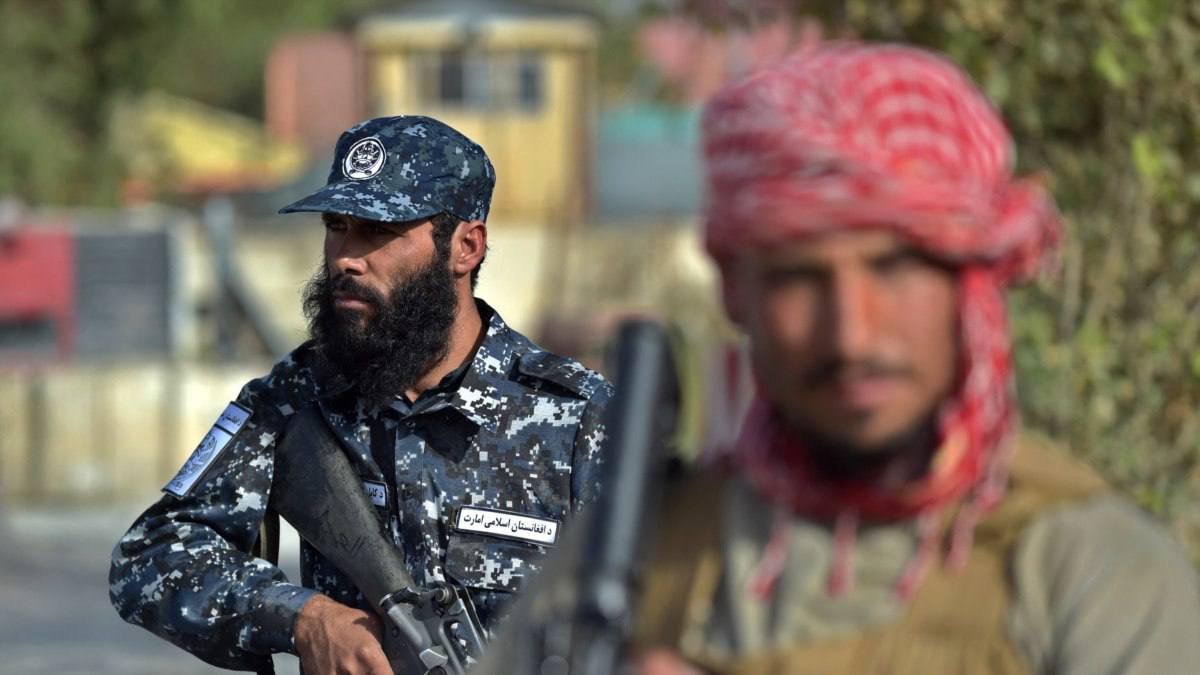KABUL, Afghanistan — The Taliban continue to provide shelter and protection to Al Qaeda operatives across Afghanistan, with low-profile members living under the watch of Taliban intelligence in Kabul neighborhoods such as Qala-e-Fathullah, Shahr-e-Naw, and Wazir Akbar Khan, according to a new United Nations Security Council report. Senior Al Qaeda leaders, meanwhile, have been relocated to rural strongholds in Sar-e-Pul, Kunar, Ghazni, Logar, and Wardak Provinces, the report states, the report says.
The findings underscore how Afghanistan remains a hub for terrorist organizations despite Taliban pledges to prevent the country from becoming a safe haven for extremist groups. More than two dozen terrorist organizations are currently operating in Afghanistan, fueling instability in the region and beyond, U.N. member states assessed. The report warns that the Taliban’s “permissive environment” has allowed Al Qaeda to consolidate its presence, while Tehrik-e-Taliban Pakistan (TTP) and the Islamic State-Khorasan (ISIL-K) continue to expand their operations.
Taliban provide safe haven for Al Qaeda
The report details how Taliban have facilitated Al Qaeda’s survival, including by issuing identification documents and passports for operatives and their families, allowing them to move freely. Some U.N. member states noted that Hamza Al-Ghamdi and his family are residing in the highly secured Shashdarak area of Kabul, while Abu Al-Ikhlas Al-Masri has been moved to a fortified compound in the Afshar neighborhood, which also serves as a Taliban training facility.
The report says Al Qaeda has deepened its ties with regional terrorist organizations, including TTP, the Islamic Movement of Uzbekistan (IMU), and Jamaat Ansarullah. According to the report, Taliban continue to provide TTP with logistical and financial support, with one U.N. member state reporting that Noor Wali Mehsud’s family receives a monthly stipend of about $43,000. TTP, in turn, has escalated its attacks on Pakistan, launching over 600 operations during the reporting period.
ISIL-K: A growing threat
While Taliban have attempted to counter ISIL-K, the extremist group remains the most serious threat to the Taliban-led government, ethnic and religious minorities, and international representatives in Afghanistan, the report states.
The December assassination of Khalil Ahmed Haqqani, the acting Taliban minister for refugees and repatriation, in a suicide bombing claimed by ISIL-K was cited as evidence of the group’s shift in tactics. ISIL-K has strategically reduced large-scale attacks to create a “false sense of security” while targeting high-profile figures to undermine the Taliban’s credibility.
The report says that despite Taliban crackdowns, ISIL-K has taken advantage of Taliban weaknesses, including corruption and infiltration. In Bamyan Province, for example, a Taliban intelligence official, Mawlawi Nik Mohammad Aizaifa, was reported to have played a role in an ISIL-K attack on foreign tourists.
ISIL-K has maintained its operational ties with ISIL’s central leadership through the regional Al-Siddiq office and has been working to expand its influence into Central Asia, Iran, and Russia.
The report warns that Afghanistan remains a key base for terrorist recruitment and training, with ISIL-K actively bringing in foreign fighters through routes spanning Türkiye, Iran, and Afghanistan’s western provinces. The group operates multiple training camps, including one in Badakhshan for suicide bombers, as well as camps with Arab instructors in Kunar and Nuristan.





